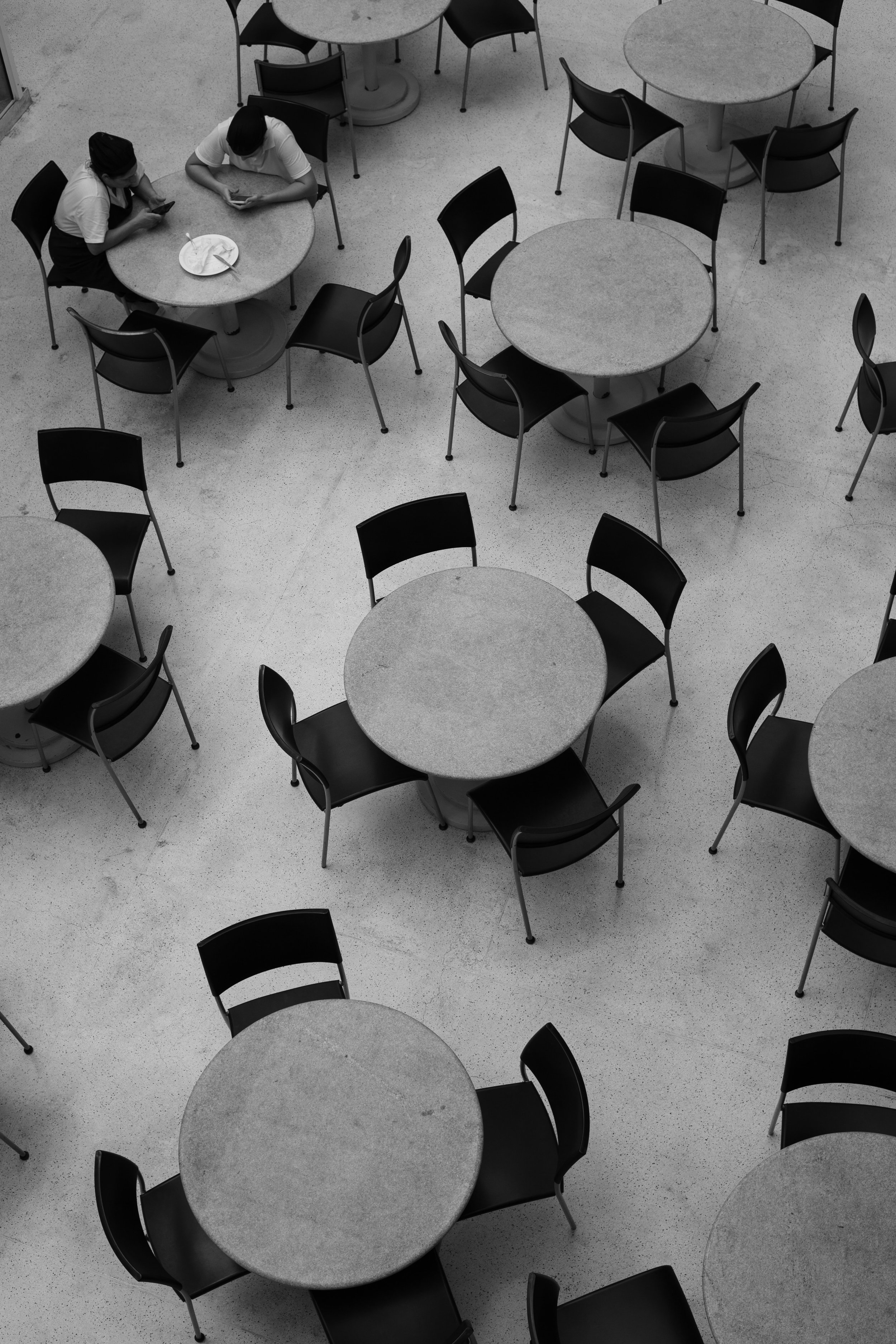Ohio

Ohio
J.C. Elding
I decided to go see my Grandpa in Ohio,
a three hour drive and a $15 toll away.
Snow blew fiercely and as I clenched the wheel,
a part of me wondered if it was worth it:
My first semester I hadn’t visited them once.
Grandma opens the door, and there he is too:
his once clean-shaven chin now overgrown,
his beer-belly gone, his face lined in new ways.
I had seen him once before like this, and it
had struck me that I liked him better somehow.
We sat down for lunch and with us was the
darling boy who had broken down some
thirty years ago. He had a faded look to him
and he would interject strange connections, clutching
fervently to whatever emerged from his inner fog.
Grandma prattled on in her sweet way which
you couldn’t be angry at her for, but annoyed you
nonetheless. And I thought about (or tried not to
think about) all the reasons I never saw them,
all the other things I could be doing today.
We had to make new arrangements with the weather,
but there was a science center he hadn’t explored,
and it seemed that would suit grandpa just fine.
I was giddy when I got him into the car;
it felt like I was stealing him away from them.
We got on the road, the one he’d always take to
work for nearly his whole life: 45 minutes there,
45 minutes back, and the past streamed forth
into the present slowly filling family gaps in my
knowledge of things I had never cared to know.
Cleveland loomed out of the fog, a modern city.
But through him the past Cleveland loomed also:
the ports that had hauled in ore from across the lake,
the steel mills, one still working, the others gone.
A world only the initiated could still make out in the mist.
In the Science Center he touched all the things
that maybe you’re not supposed to touch,
and only drifted his large hands over the interactive
exhibits that fascinated the children bouncing with
the energy that he no longer had.
We sat down at a table, him wearily, me reluctantly.
And he began slowly to tell me of a time when
fading paint was a scientific frontier with him at
its edge. When with a two year degree and a lot
of books, he had filed a game-changing patent.
“Then” he said, “the industry shifted to
latex-based paint.” His patent had been merely
one small part of a world fading into oblivion.
“I still prefer oil-base for wood-stain, though;
it sinks in.”
.
I did like him better this way.
Cancer does funny things to a man.
There was no beauty in his new wrinkles,
but a part of him had been unveiled that
I had not seen before.
In the past he’d worn grandfatherly affection
like a mask, billowing out so thick you couldn’t
know the man beneath it. Grandma was
that way, so that I could hardly breathe in her
presence. Sorrow had stripped him bare.
In his nakedness he had a simplicity that
was beautiful. He had been a man like
any man, quietly devoted to his work, tossed
about by the fashions and culture of his time;
a time which admittedly I had no love for.
As we drove home he asked about my faith.
We differed in opinion, but he felt no need
to argue his position. He knew first hand that
faith can wear different clothing, and that God
is bigger than doctrinal articulations.
We arrived, to my great disappointment,
and all I wanted was to speed through
dinner and be off. Our conversation had
lapsed into silence and I had had enough
of his world and his time for one day.
3 hours, $15 toll. Was it worth it?
What does it mean to love someone?
You showed me what it meant to
love for the sake of loving. And
I remembered his face stripped of pretence.
And I loved him.
J.C. Elding
Poet & Storyteller
J.C. Elding is a student at a small college in Michigan studying English and Art. He grew up in Tacoma, WA, and currently resides in California.
Photography by Filipe Coimbra